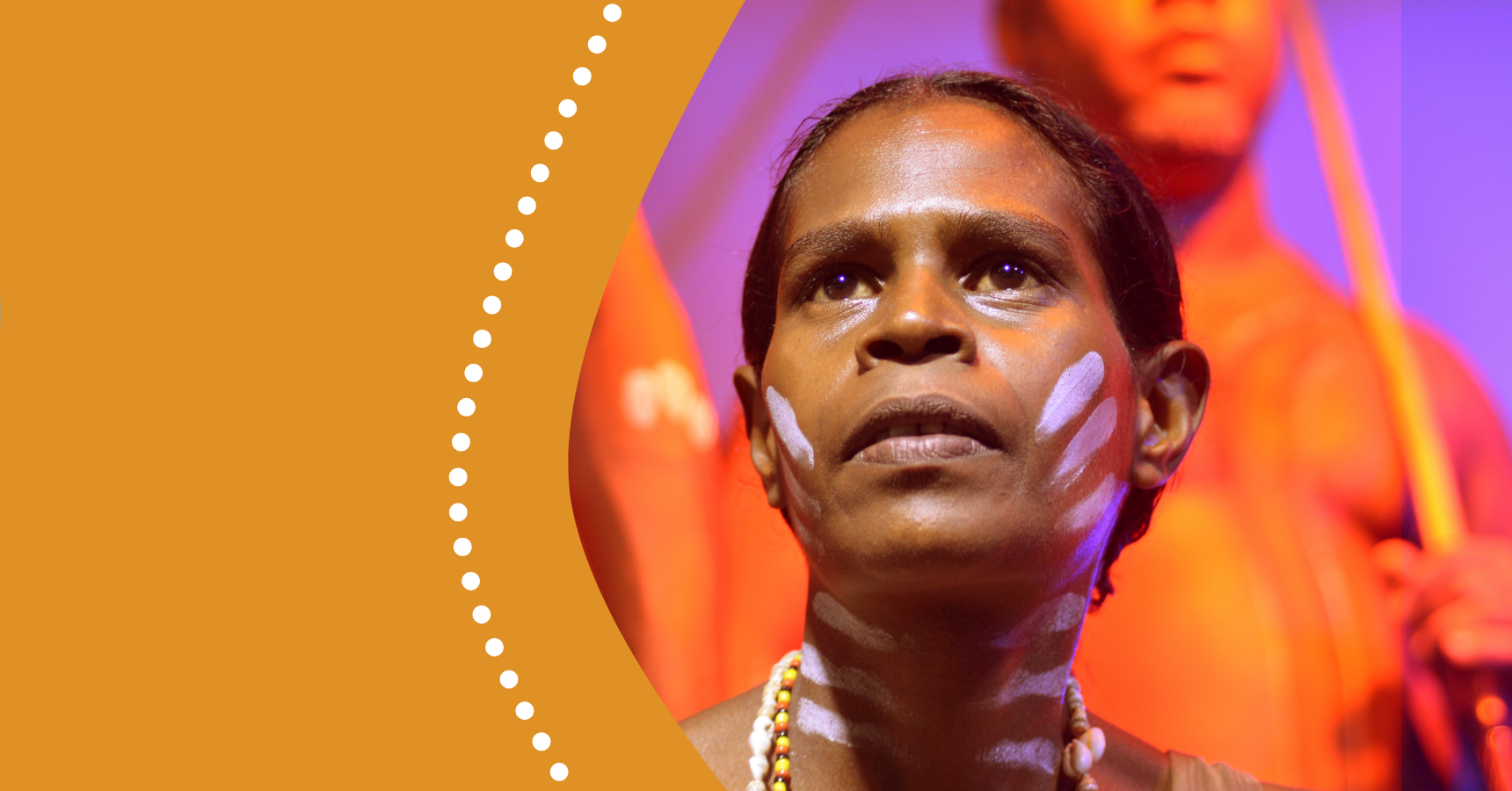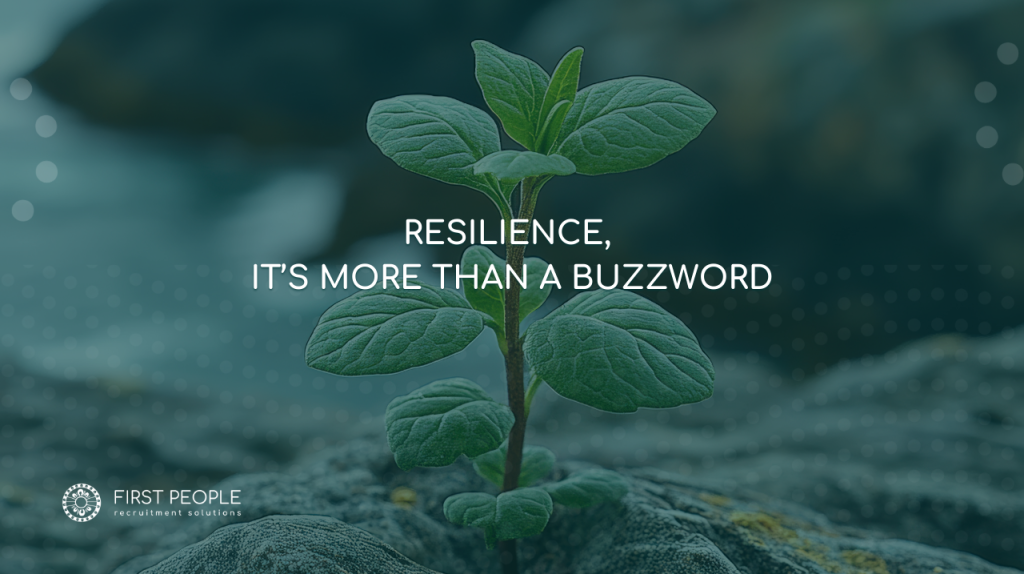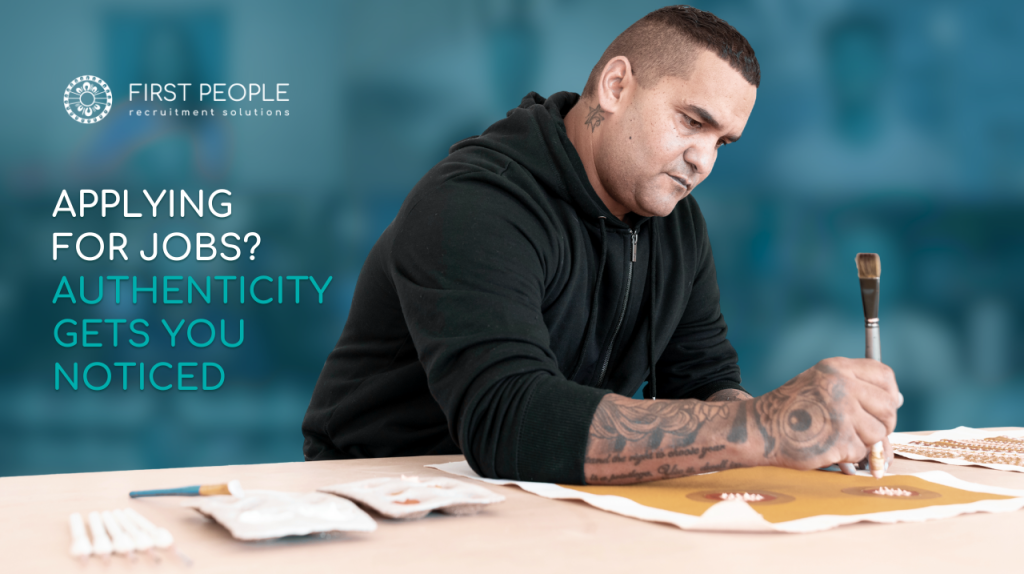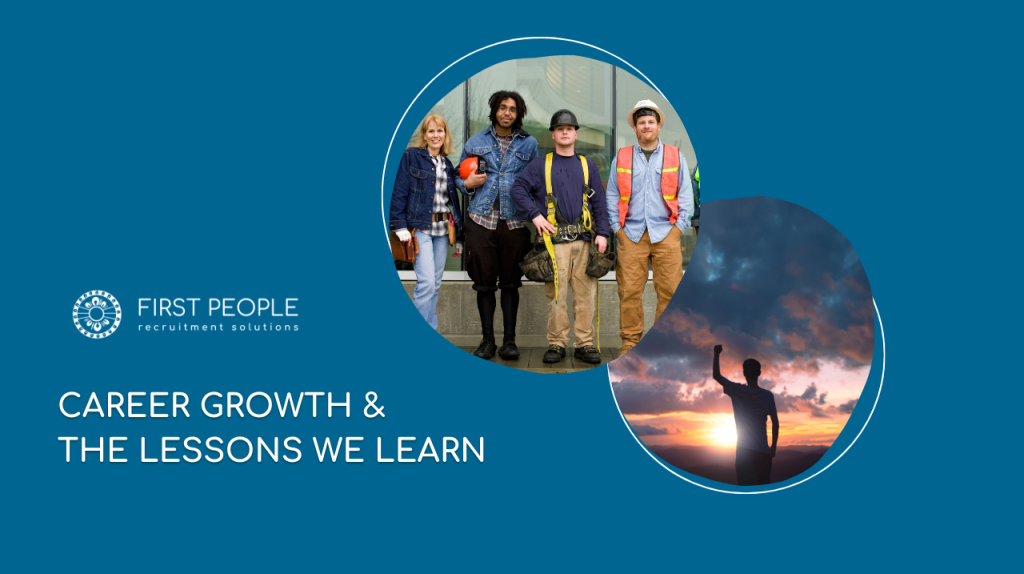Who is an Indigenous Elder?
An Aboriginal and Torres Strait Islander Elder is a revered custodian of Indigenous wisdom. They emerge as leaders and guides within their community, undertaking the essential role of preserving, promoting, and passing down their knowledge, beliefs, and practices rooted in Aboriginal culture. Elders hold profound significance, not only for their communities but for the entirety of Australia.
What Do You Call an Aboriginal Elder?
A person recognised within their community as a guardian is referred to simply as an ‘Elder.’ Contrary to the name, an Aboriginal Elder’s status isn’t determined by age. Eldership transcends age, and it is conferred upon individuals who have earned the respect of their people. Elders aren’t appointed; rather, they are acknowledged naturally by their community. For instance, Aunty Munya has received acknowledgment as an Elder from the Bardi people, the Traditional Owners of the region north of Broome and parts of the Dampier Peninsula in Western Australia, where she was born.
How to Show Respect to an Aboriginal Elder?
Aboriginal and Torres Strait Islander people commonly address an Elder as ‘Aunty’ or ‘Uncle.’ However, it is advisable for non-Indigenous individuals to inquire about the appropriateness of using these terms when conversing with an Indigenous Elder. Demonstrating respect for Aboriginal culture involves learning and practice. Through training and open dialogue with Indigenous individuals, one can cultivate a deep respect for the Aboriginal community and its Elders.
Are All ‘Aunties’ and ‘Uncles’ Elders?
No, not necessarily. In the community, most older individuals, both Indigenous and non-Indigenous, are affectionately addressed as Aunty or Uncle. Occasionally, non-Indigenous individuals may be honoured with these titles by younger Indigenous people, signifying respect. However, not all older Indigenous individuals assume the role of an Elder within their community. There’s a saying: “While all older people are Aunties and Uncles, not all Aunties and Uncles are Elders.”
Are All Elders Elderly?
Although it typically takes many years to acquire the cultural knowledge and respect necessary for Elder recognition, there are instances where young Indigenous individuals have earned the esteemed title of Elder.
The Role of an Elder in an Aboriginal Community
While an Elder’s role may vary from one community to another, they commonly uphold core principles like respect for the Earth and instil these values in community members. Elders share their knowledge, educating others about environmental stewardship and Indigenous practices.
Elders also assume responsibilities such as participating in protocols at meetings and events, leading ceremonies and negotiations, and addressing community concerns, including those related to health, education, and employment.
In today’s context, Aboriginal Elders engage with the government to advocate for the empowerment of their communities in areas such as education, employment, and cultural preservation.
Why Are Aboriginal Elders So Vital?
Aboriginal and Torres Strait Islander Elders are instrumental in safeguarding, promoting, and preserving their customs and principles within their communities. Beyond that, Elders are of immense importance to all of Australia. They serve as guardians of traditions that have been upheld by First Nations for millennia. As such, Indigenous Elders are uniquely positioned to share their knowledge and spirituality with all, while also educating non-Indigenous individuals about Australia’s deeply rooted Indigenous culture.



